The noose around Turkish democracy’s neck tightened further on Monday, when the police raided the offices of yet another newspaper—this time Cumhuriyet—and detained a number of its journalists on accusations of facilitating terrorist activities.
Turkish authorities shut down 15 other media outlets over the past few days. Yet the attack on Cumhuriyet is particularly alarming: It is Turkey’s oldest secular paper and has become the voice of the opposition, and the editorial board’s commitment to Kemalist principles (the founding, secular values of the Turkish republic) and liberal democracy is obvious in its op-ed page.
The raid is just the latest in the Turkish leadership’s clampdown on democratic civil society institutions in the aftermath of the coup attempt in July, as well as its crackdown on supposed regime opponents more broadly. It comes amid an escalation in violence between the Turkish security forces and the Kurdistan Workers’ Party (PKK).
The hammer comes down
There is now a consensus that the coup attempt was masterminded and set in motion by civilian and military cadres associated with the Gülenist movement. The aftermath of the attempt proved to be a rare moment of unity in Turkey, as the opposition parties and the public writ large rallied behind the government in a stunning defense of democracy.
Since then, however, the Turkish President Recep Tayyip Erdoğan has responded with a hammer: After an initial state of emergency was imposed, an ever-rising number of civil servants and officials have either been detained or removed from their posts and the government has taken over numerous businesses. The state of emergency, meanwhile, will now remain in effect until the end of the year. None of these measures have been subject to judicial oversight, and rule of law is thus eroding. The president himself has called for restraint, saying the “the tracks of horses are getting mingled with the tracks of dogs”—a Turkish proverb meaning the demarcation line between right and wrong is now blurred.
Of even greater concern are reports of physical and verbal abuse—including torture—in detention centers. Reinstating capital punishment is also on Erdoğan’s agenda. Ironically, it was under the leadership of his Justice and Development Party (AKP) that torture in Turkish detention centers and prisons was eradicated, while the death penalty was formally abolished in 2004 as a part of Turkey’s bid for EU membership. The leader of the opposition, Kemal Kılıçdaroğlu, has remarked that Turkey now resembles a semi-open prison and accused the government of building a “Baathist regime” (resembling Bashar Assad’s Syria or Saddam Hussein’s Iraq) in Turkey.
All not quiet on the Kurdish front
In Turkey’s southeast, the picture is worse. Cultural rights extended to the Kurds in Turkey almost a decade ago—as well as the positive climate that emerged from Erdoğan’s efforts to resolve the Kurdish issue through dialogue—have all but disappeared. A number of democratically-elected mayors of Kurdish-majority towns have been removed from their posts (charged with aiding the PKK, long listed as a terrorist organization in Turkey), and several Kurdish deputies in the parliament have been stripped of immunity. These developments take Turkey-watchers back to the mid-1990s, when a number of Kurdish deputies were dragged out of the parliament and imprisoned.
Adding to the fire, Ankara’s ceasefire with the PKK ended in July 2015. Since then, Kurdish-populated towns in southeastern Turkey have been engulfed in a greater spiral of violence and devastation. Over 350,000 civilians have been displaced, and the violence has inflicted such a degree of destruction that the urban landscape in the region now resembles Iraq or Syria.
Does it matter what the West says? It should
Turkey’s decade of democratic build-up—which had re-fashioned its image as a “shining star of its neighborhood”—is fast crumbling. Erdoğan’s ambition to transform Turkey’s parliamentary system into an executive presidency is also chipping away at the edifice. The president’s aggressive language, imbued with populist and nationalist rhetoric, gives fodder to arguments that Turkey is no longer a reliable ally in sustaining the international liberal order.
Indeed, the rise of populism in the United States and a number of EU member countries—accompanied by the West’s failure to bring a modicum of order to the mess in the Middle East—is seen as a sign of the West’s decline and the erosion of the post-World War II international liberal order. Instead, “might makes right” has become the order of the day, especially in Turkey and its neighborhood.
Both the United States and Turkey have an interest in revamping this liberal order so it can survive new stresses. Turkey has greatly benefited from it (although its leadership won’t admit it). After all, as a member of this order (especially with the once-deepening relations with the EU), it experienced its highest GDP growth rates and enjoyed an influx of tourism and foreign direct investment—not to mention unprecedented international attention as a cultural and economic hub.
Will a drift away from these Western-led political and economic standards help Turkey overcome the cluster of domestic and international challenges it faces? Not likely. Instead of adopting the ways and means of revisionist powers in its region, Turkey should enter into a constructive dialogue with the United States and the West more broadly, reviving relations with both parties and investing in trans-Atlantic ties. This is more likely to deliver the democratic, stable, and prosperous Turkey that the electorate was promised when it voted overwhelmingly for Erdoğan’s party exactly a year ago on November 1.
The Brookings Institution is committed to quality, independence, and impact.
We are supported by a diverse array of funders. In line with our values and policies, each Brookings publication represents the sole views of its author(s).

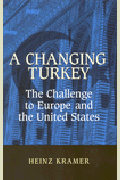
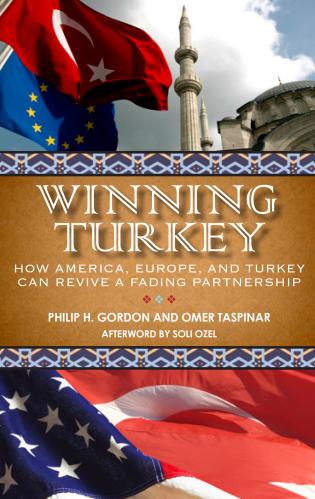
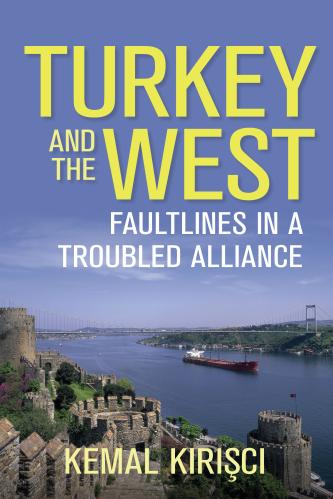

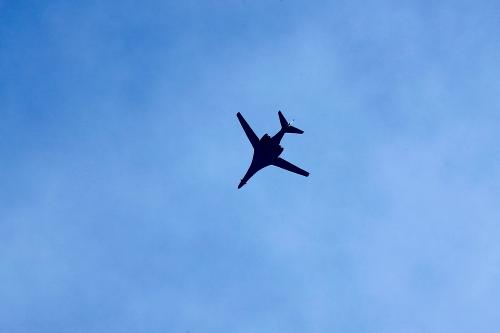
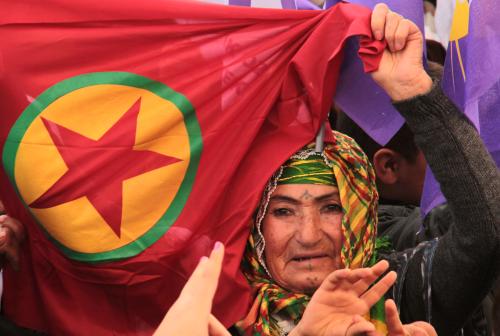

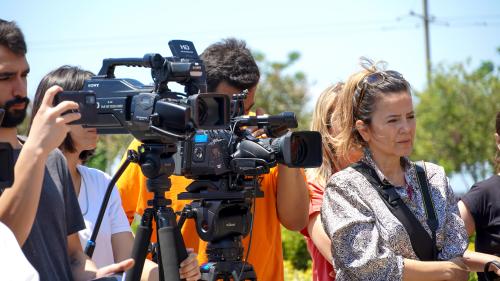
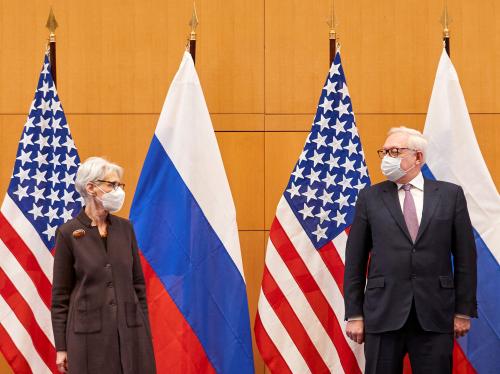
Commentary
Turkey: Getting worse before it gets better
November 1, 2016